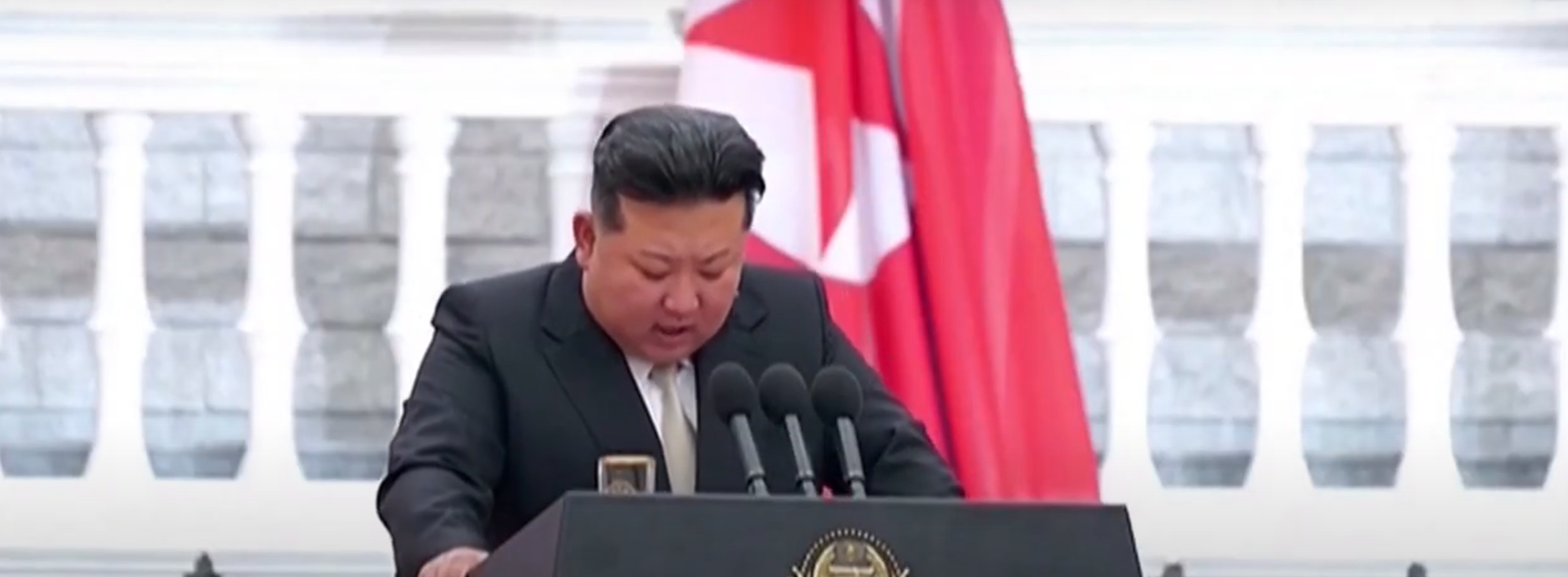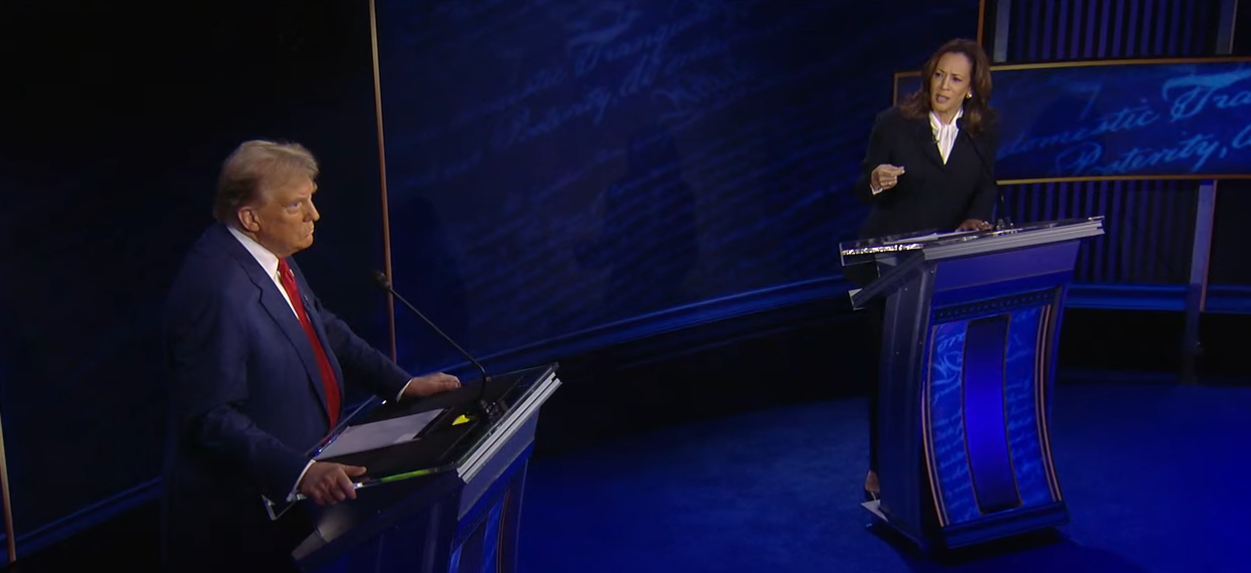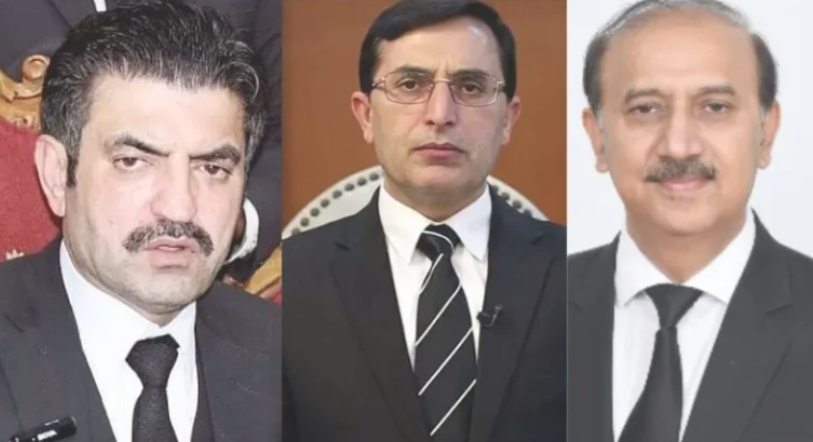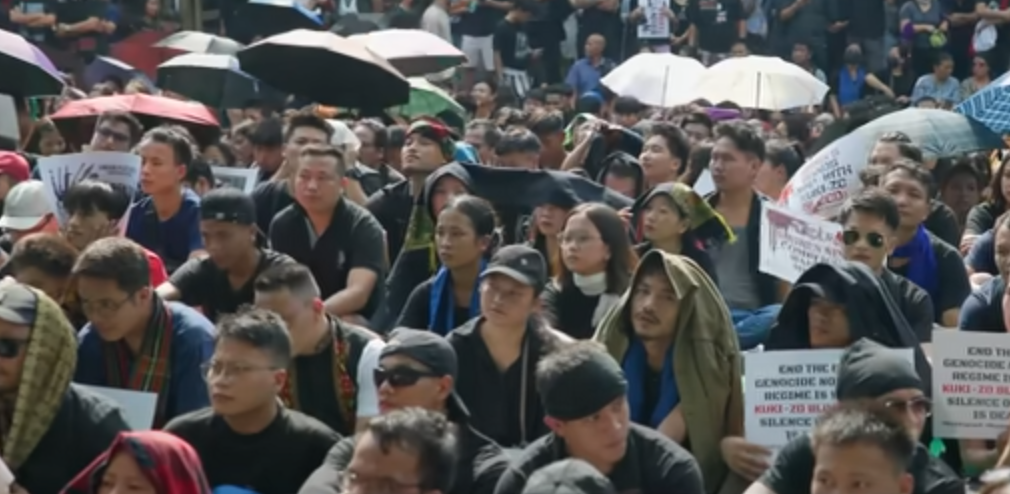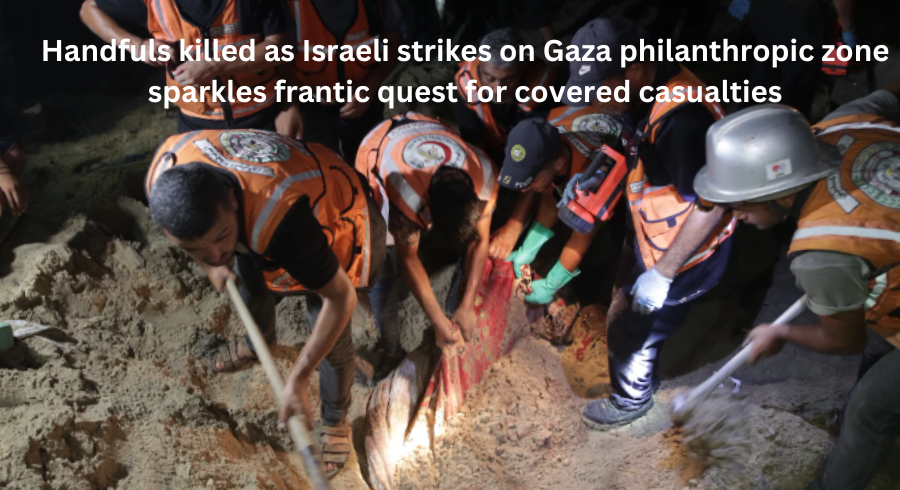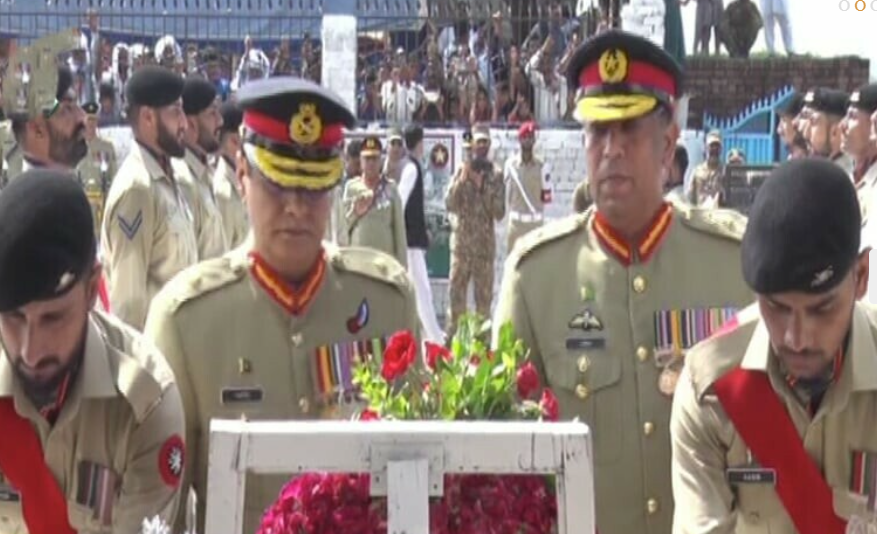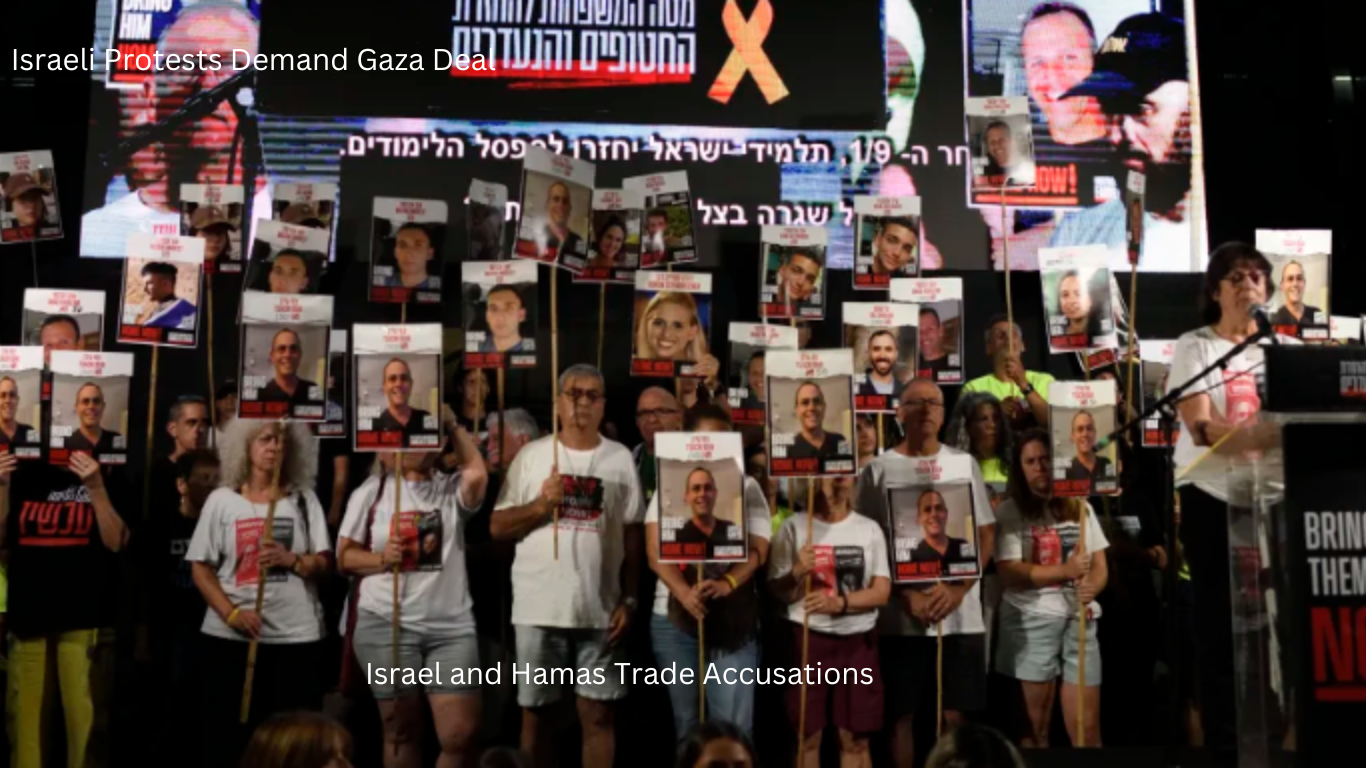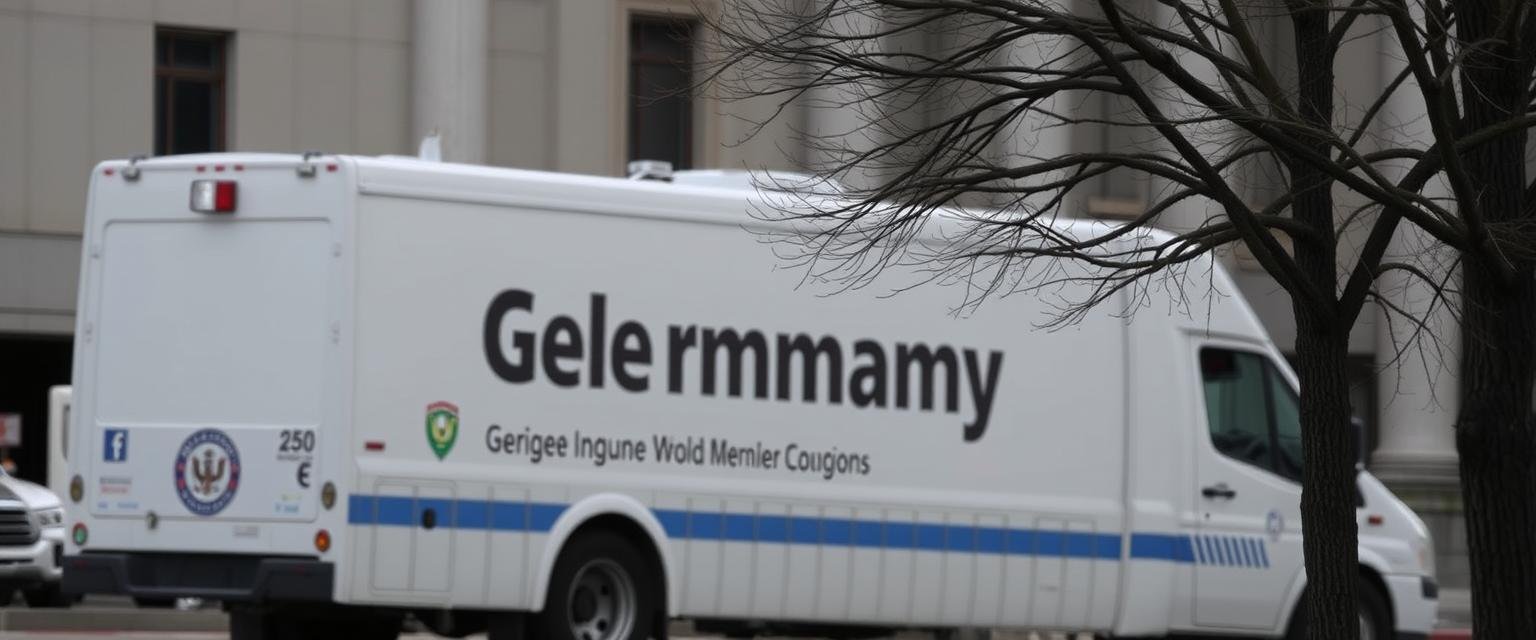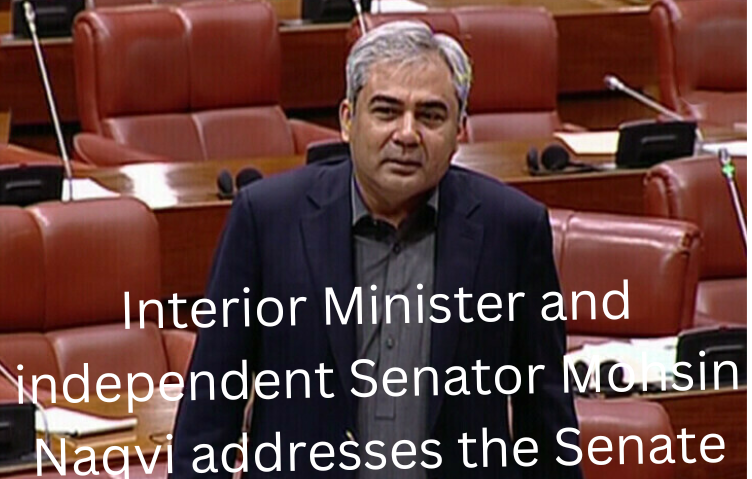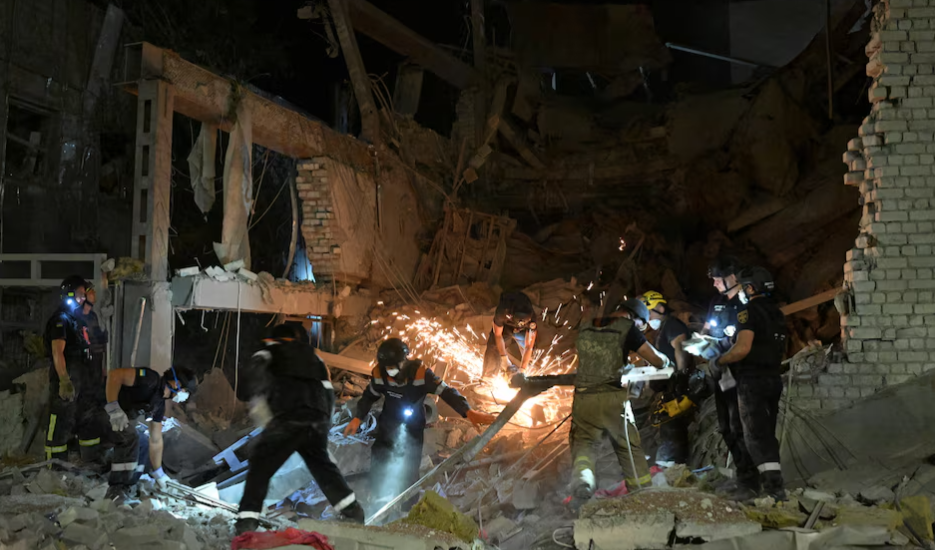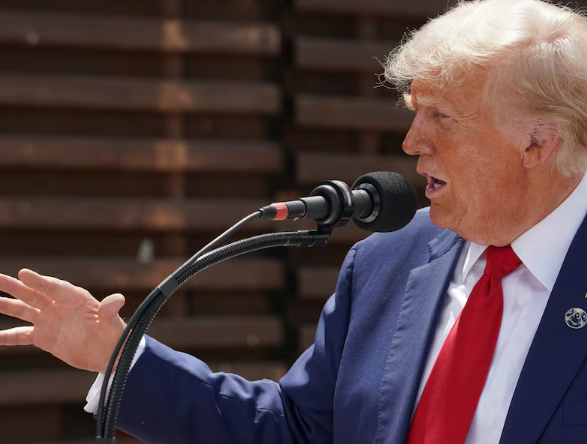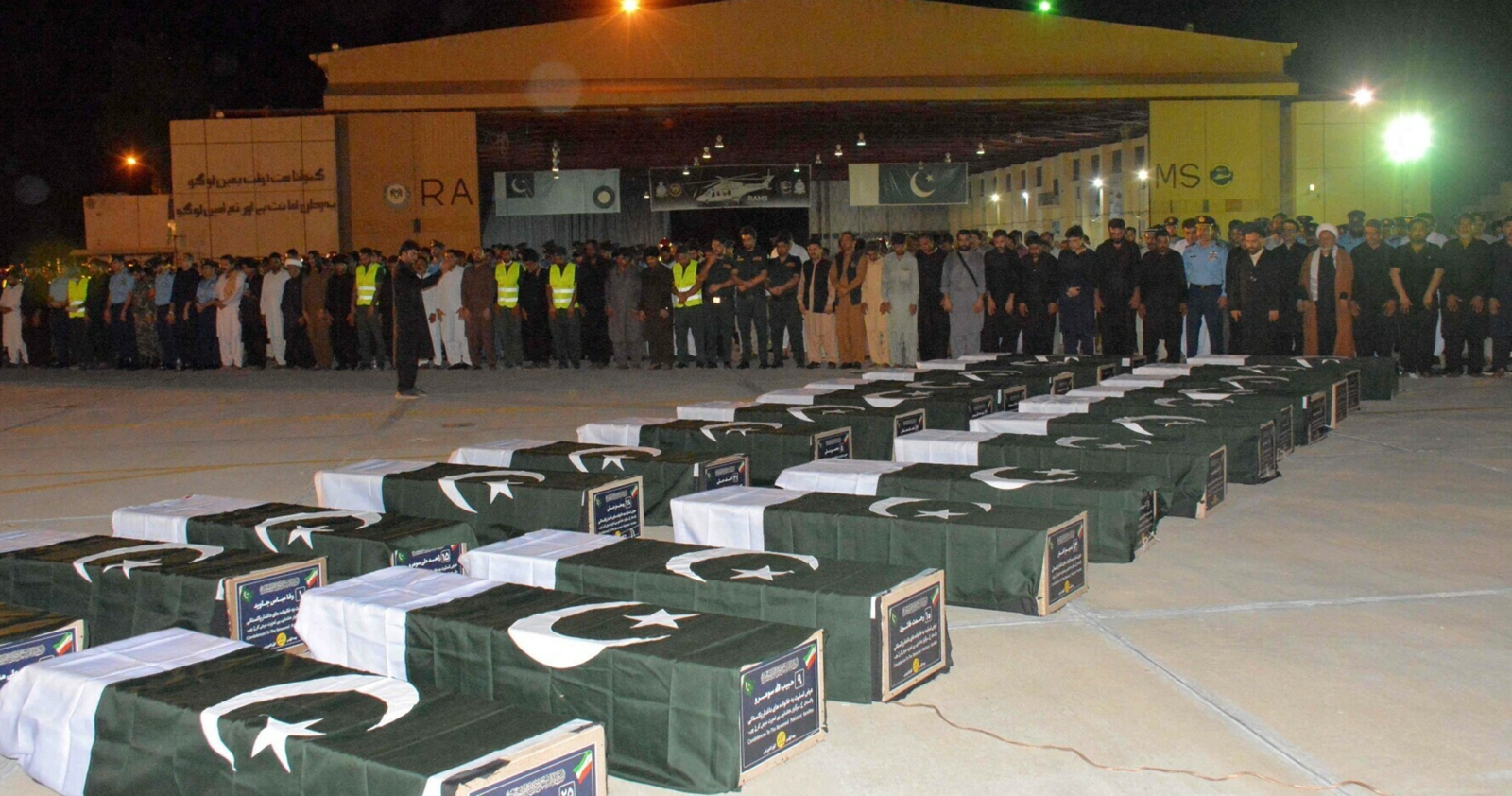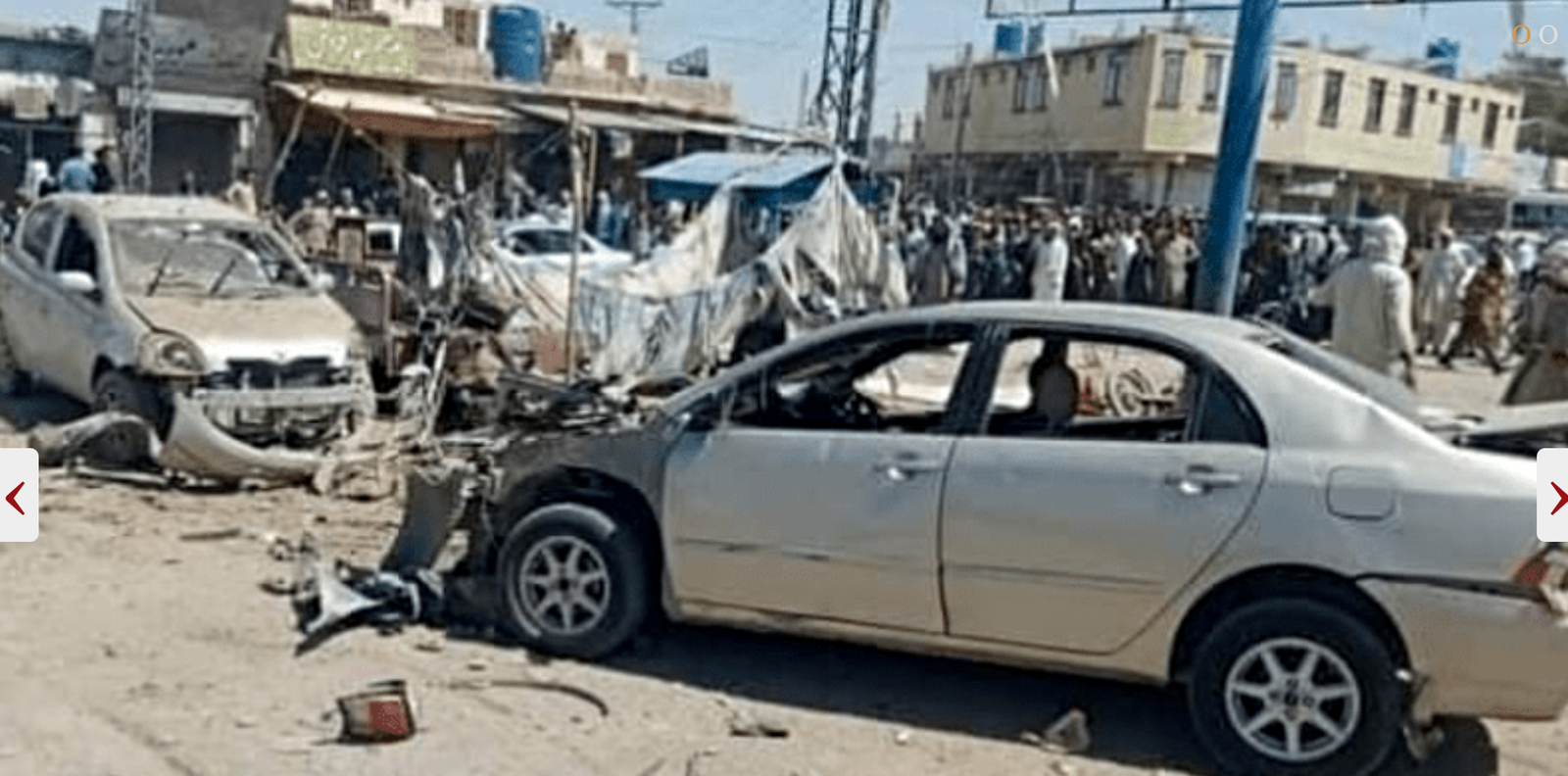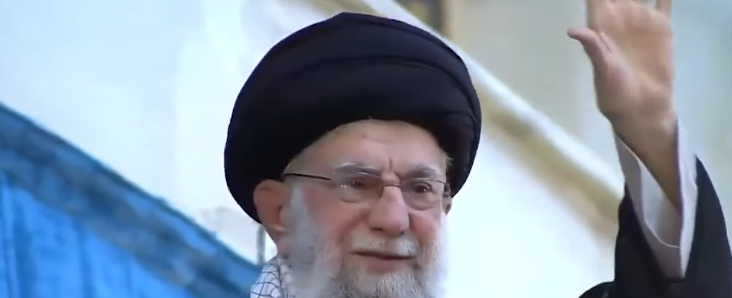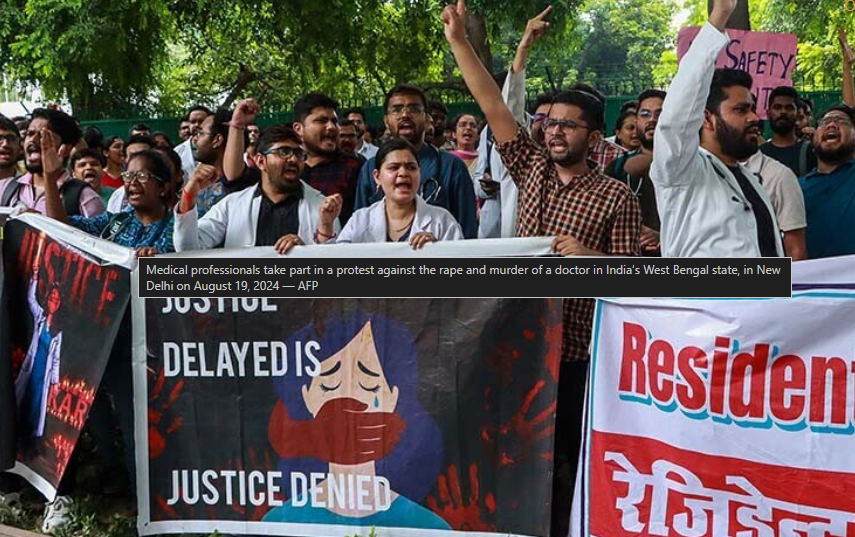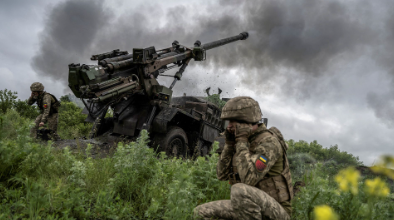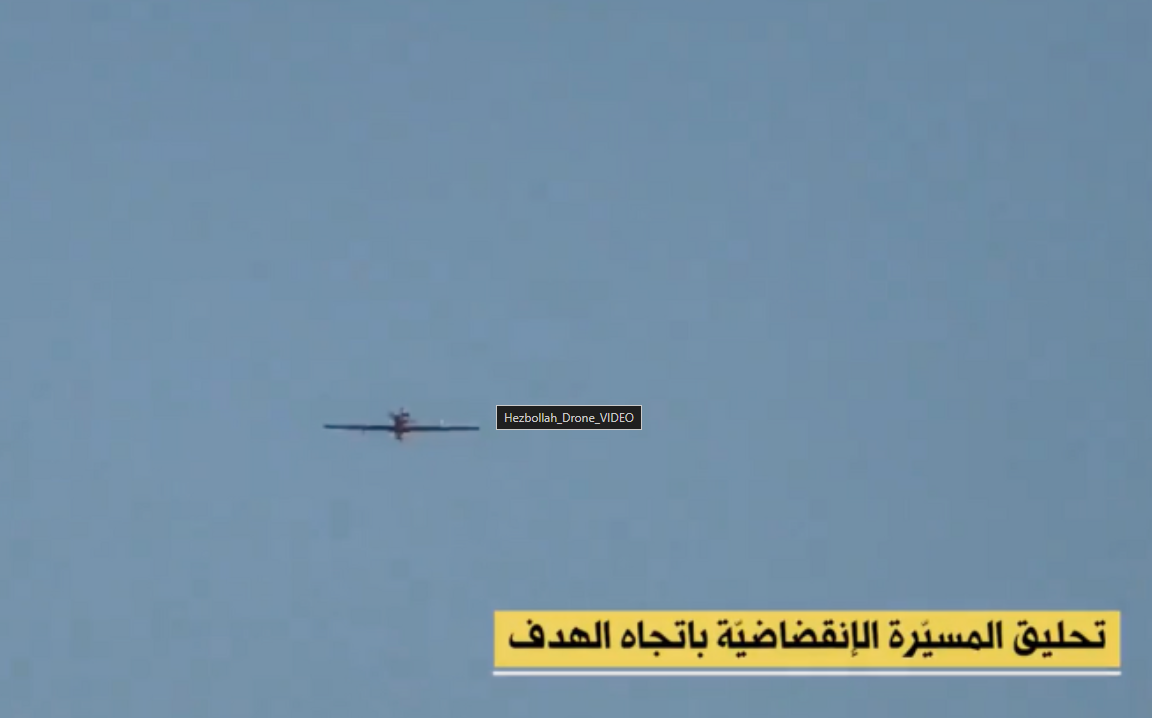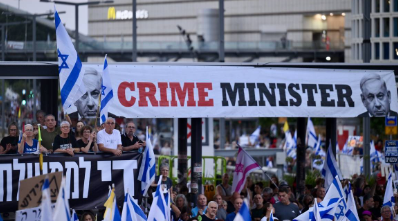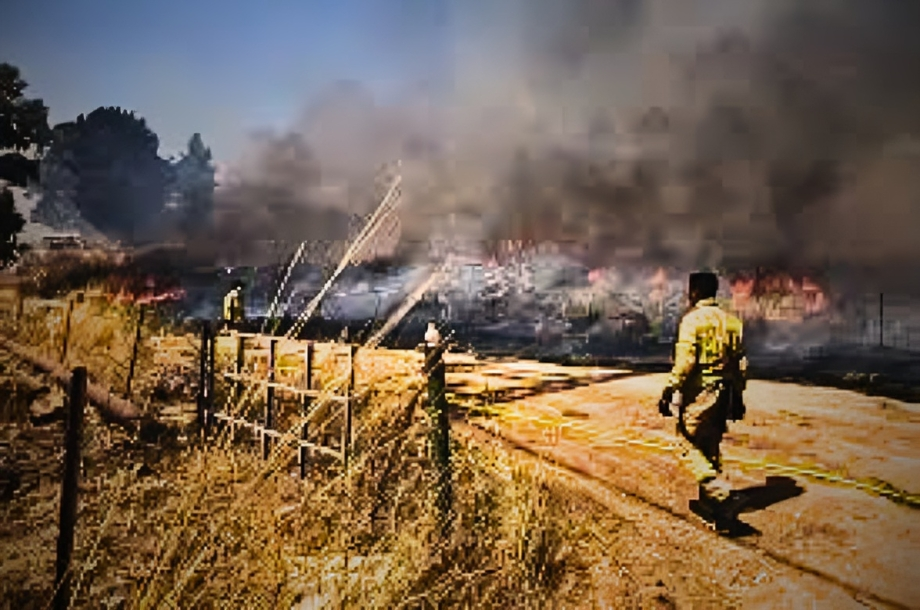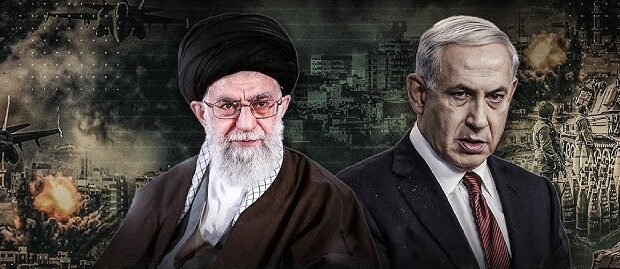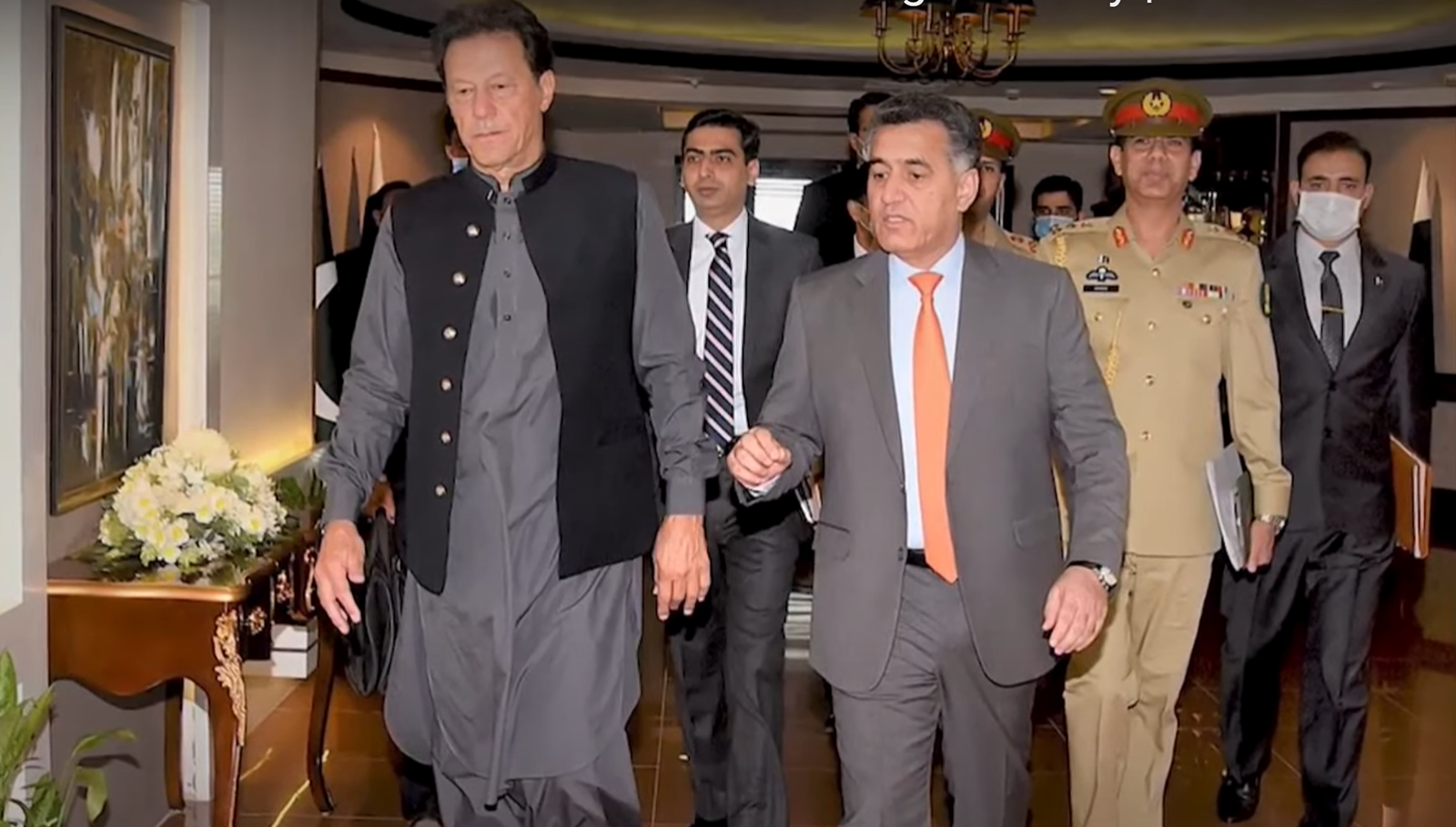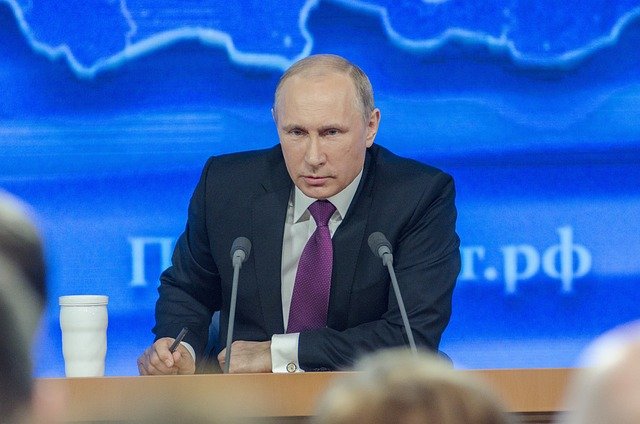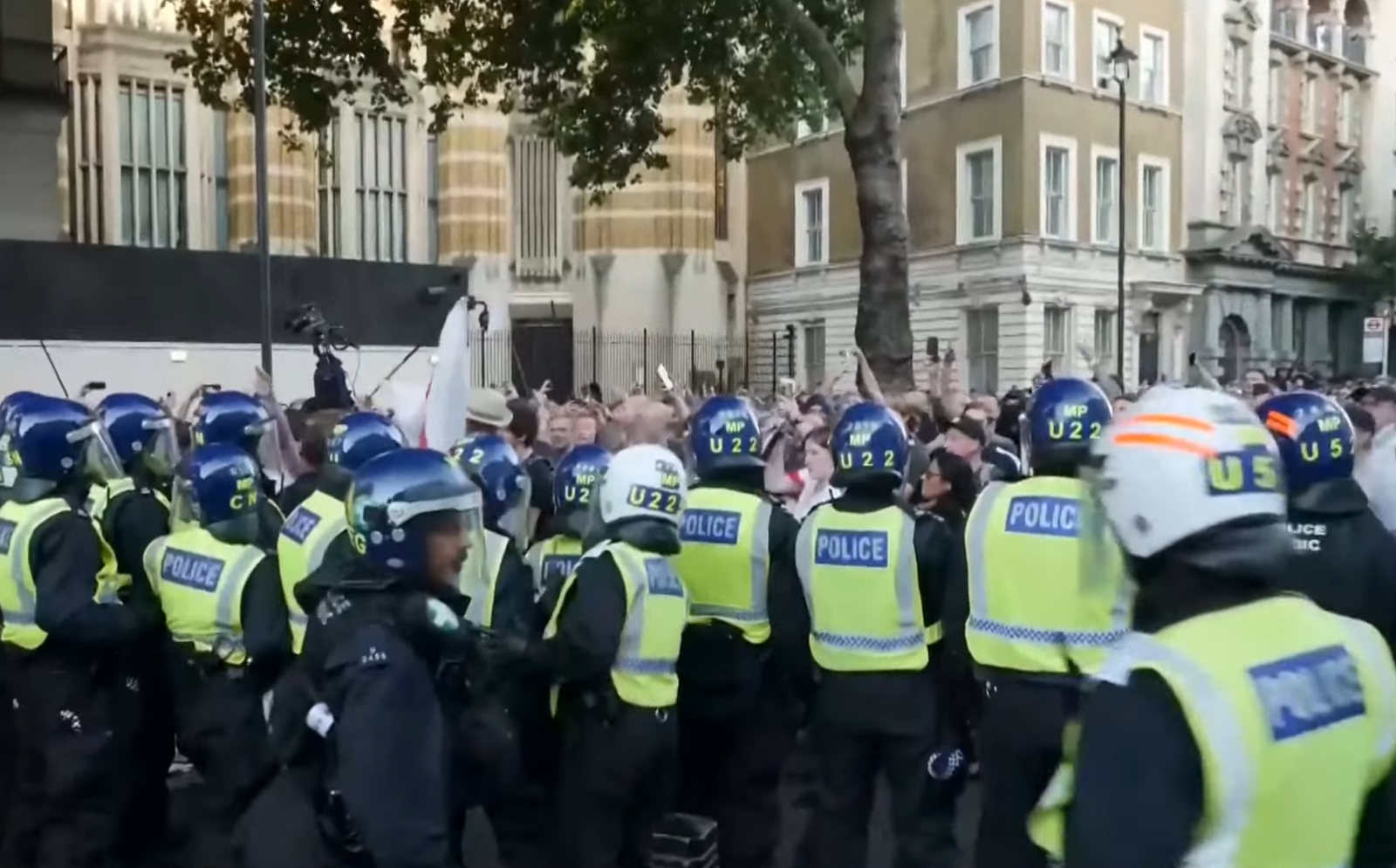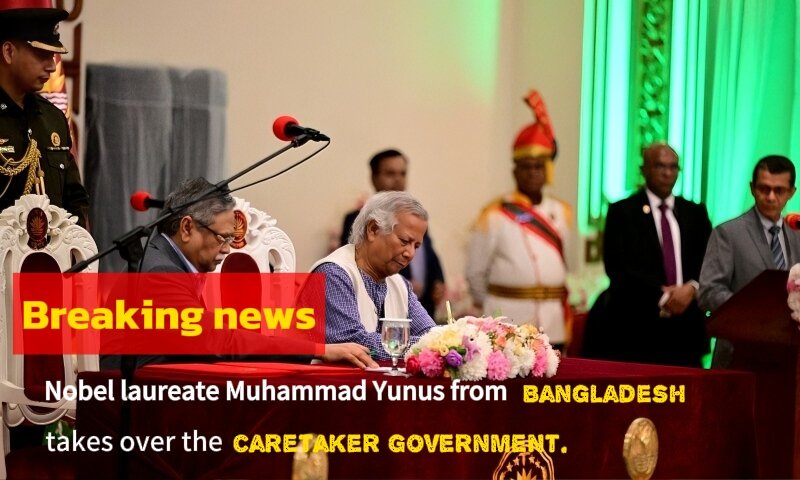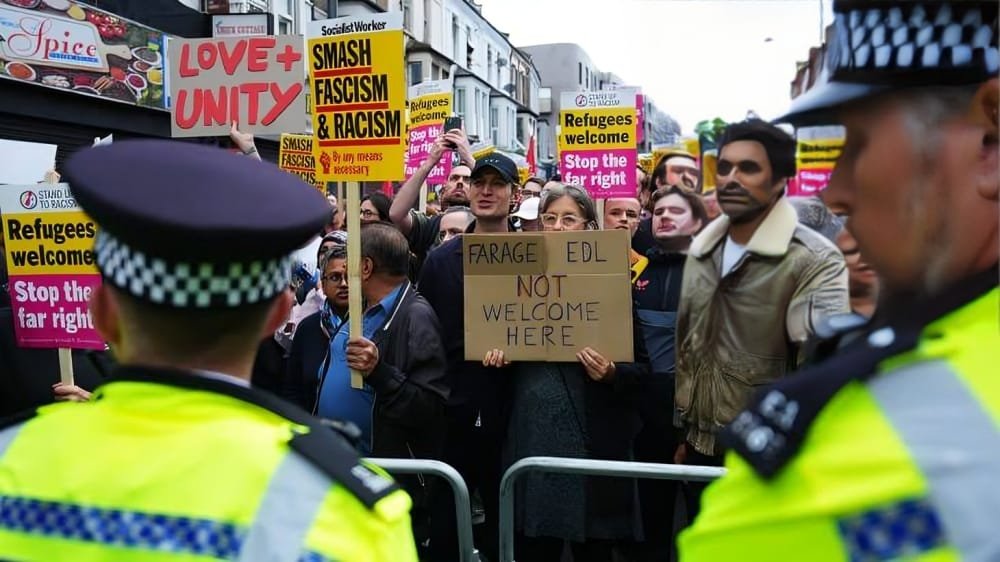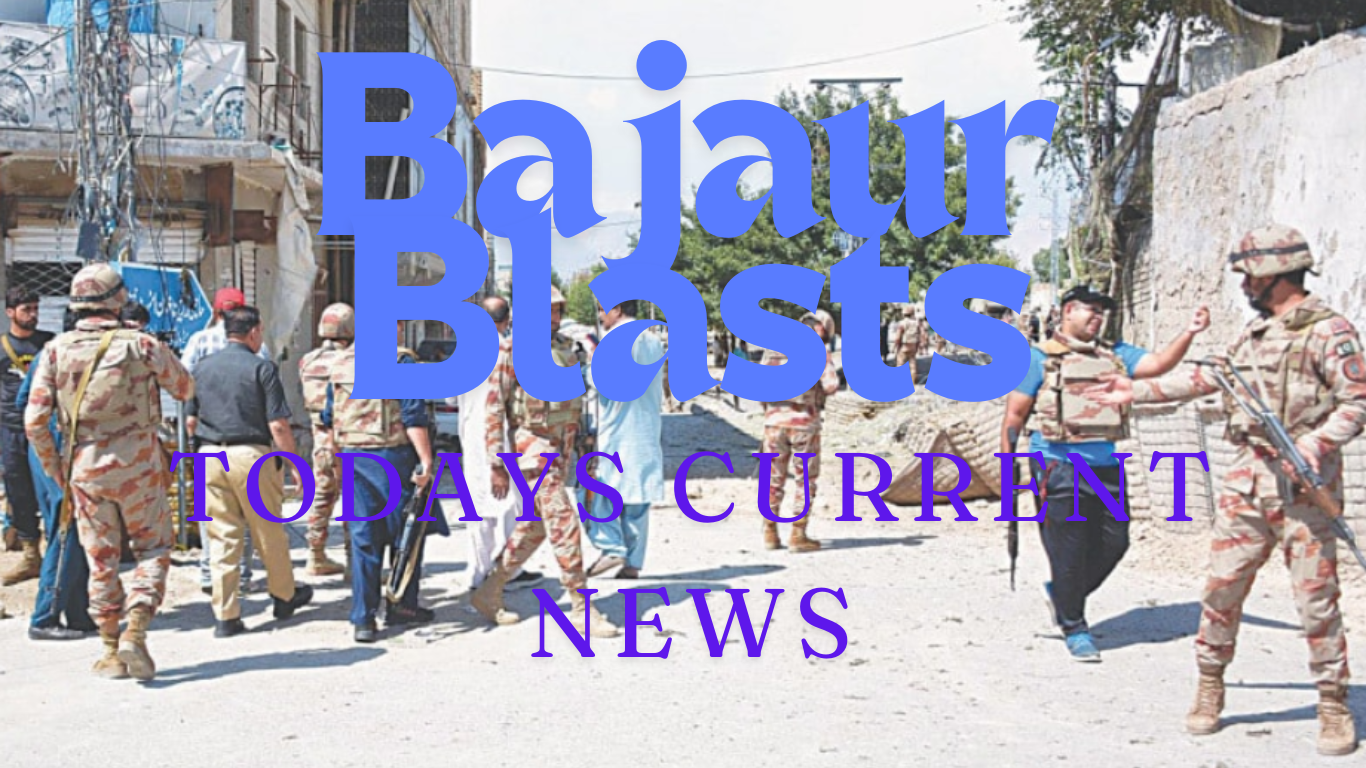
On Sunday, September 1st, the Bajaur district of Pakistan was struck by a deadly bomb blast that took the life of one person and left two others critically injured. This tragi`c event, marked by the use of an improvised explosive device (IED), occurred in Salarzai tehsil near Dara Bazar, about 28 kilometers northeast of Khar, the district’s administrative center.
The Scene of the Blast
The explosion targeted pedestrians in a bustling area of Dara Bazar. The explosive device was strategically placed to maximize harm, and when it detonated, it claimed the life of Rahimullah, a 28-year-old man. The explosion also severely injured two other individuals: Fazal Hadi, aged 25, and Muhibullah, aged 29. All three victims were relatives from the Bai China area of Khar tehsil, making the incident even more heartbreaking for their family and community.
Immediate Response from Authorities
The local authorities, including the police and Rescue 1122 officials, swiftly responded to the explosion. The injured were quickly transported to the Khar district hospital, where medical staff worked tirelessly to stabilize them. Unfortunately, despite their efforts, Rahimullah succumbed to his injuries while being shifted to the hospital.
The police immediately cordoned off the area to secure the site for investigation. A senior police officer who visited the scene confirmed that the blast was caused by an IED. This device, likely hidden and triggered remotely or by a timer, was intended to cause maximum casualties among the unsuspecting pedestrians.
Investigation and Security Measures
In the wake of the blast, the police registered a case and launched a full-scale investigation into the incident. One of the first steps taken by the investigators was to review footage from nearby surveillance cameras. These cameras, installed in various locations around Dara Bazar, may provide crucial evidence that could lead to the identification and capture of those responsible for the attack.
The use of IEDs in such attacks is a common tactic employed by militant groups operating in the region. These devices are relatively easy to construct, and their covert placement in public spaces allows the perpetrators to cause significant damage while minimizing their risk of detection. The authorities in Bajaur are acutely aware of these threats, and their response to the blast reflects the ongoing efforts to combat terrorism in the region.
The Impact on the Local Community
The Bajaur Blasts have sent shockwaves through the local community. The victims, being relatives, belonged to the Bai China area of Khar tehsil, a region already grappling with the challenges of insecurity and violence. The loss of Rahimullah and the critical injuries sustained by Fazal Hadi and Muhibullah have left their families in deep grief, while the broader community mourns yet another senseless act of violence.
Such incidents have a profound impact on the psychological well-being of the affected communities. The constant threat of bombings and attacks creates an atmosphere of fear and uncertainty, disrupting daily life and hindering economic and social activities. For the residents of Bajaur and similar regions, these attacks are a harsh reminder of the fragility of peace in their lives.
No Group Claims Responsibility
As of the time of reporting, no militant group has claimed responsibility for the Bajaur Blasts. This lack of accountability is a common occurrence in such attacks, where perpetrators often remain unidentified, leaving the victims and their families without closure. The absence of a clear culprit also complicates the authorities’ efforts to prevent future attacks, as it is challenging to address a threat that remains in the shadows.
The silence of these groups, however, does not diminish the urgency of the situation. The authorities continue to investigate, aware that identifying and apprehending those responsible is crucial not only for delivering justice but also for preventing further violence in the region.
Government’s Firm Stance on Negotiations
On the same day as the Bajaur Blasts, Balochistan Chief Minister Sarfraz Bugti made a significant statement during a press conference in Lahore. He unequivocally denied the existence of any ongoing operations in Balochistan, addressing rumors and concerns about military actions in the province. More importantly, he ruled out any negotiations with groups or individuals who do not respect Pakistan’s Constitution.
Chief Minister Bugti’s statement underscores the government’s tough stance on terrorism. He emphasized that dialogue and negotiations can only take place within the framework of the Constitution, signaling that the government will not compromise on its principles when dealing with those who threaten national security. This position reflects a broader policy of zero tolerance for terrorism, where only those who abide by the law and the Constitution can be considered for negotiations.
Bugti’s remarks also highlighted the role of social media in modern conflicts. He pointed out that efforts were being made through social media to incite rebellion among the youth, a tactic increasingly used by militant groups to spread their ideology and recruit followers. The government’s awareness of this threat indicates a commitment to countering not just physical acts of violence but also the ideological warfare that fuels such acts.
Tribute to the Fallen
In a related event, Chief Minister Bugti, along with Interior Minister Mohsin Naqvi and Quetta Corps Commander Lt Gen Rahat Naseem, visited the family of Captain Muhammad Ali Qureshi in Lahore. Captain Qureshi had recently lost his life in a counter-terrorism operation in Balochistan. The visit was a poignant reminder of the sacrifices made by Pakistan’s armed forces in the fight against terrorism.
The officials expressed their condolences to Captain Qureshi’s family and paid tribute to his bravery. Lt Gen Naseem described Captain Qureshi’s sacrifice as a symbol of the unyielding resolve of the Pakistan Army and the people of Pakistan against terrorism. This visit, and the tribute paid, are emblematic of the government’s recognition of the heavy toll that the fight against terrorism exacts on both the military and civilian populations.
Conclusion: The Road Ahead
The Bajaur Blasts are a stark reminder of the persistent threat of terrorism in Pakistan, particularly in regions like Bajaur that have long been plagued by violence. The incident underscores the challenges faced by the government and security forces in maintaining peace and protecting civilians.
As the investigation into the Bajaur Blasts continues, the affected families and communities are left to mourn their losses and cope with the fear that such attacks could happen again. The government’s response, both in terms of immediate action and its broader policy on terrorism, will play a crucial role in shaping the future of security in the region.
The tragedy in Bajaur also highlights the need for continued vigilance, not just from the authorities but from the community as well. In a landscape where the threat of violence is ever-present, cooperation between the public and law enforcement agencies is essential for preventing future attacks and ensuring the safety of all citizens.
The Bajaur Blasts may have left a community in mourning, but they also serve as a call to action for the entire nation to stand united against the forces that seek to undermine peace and stability.








